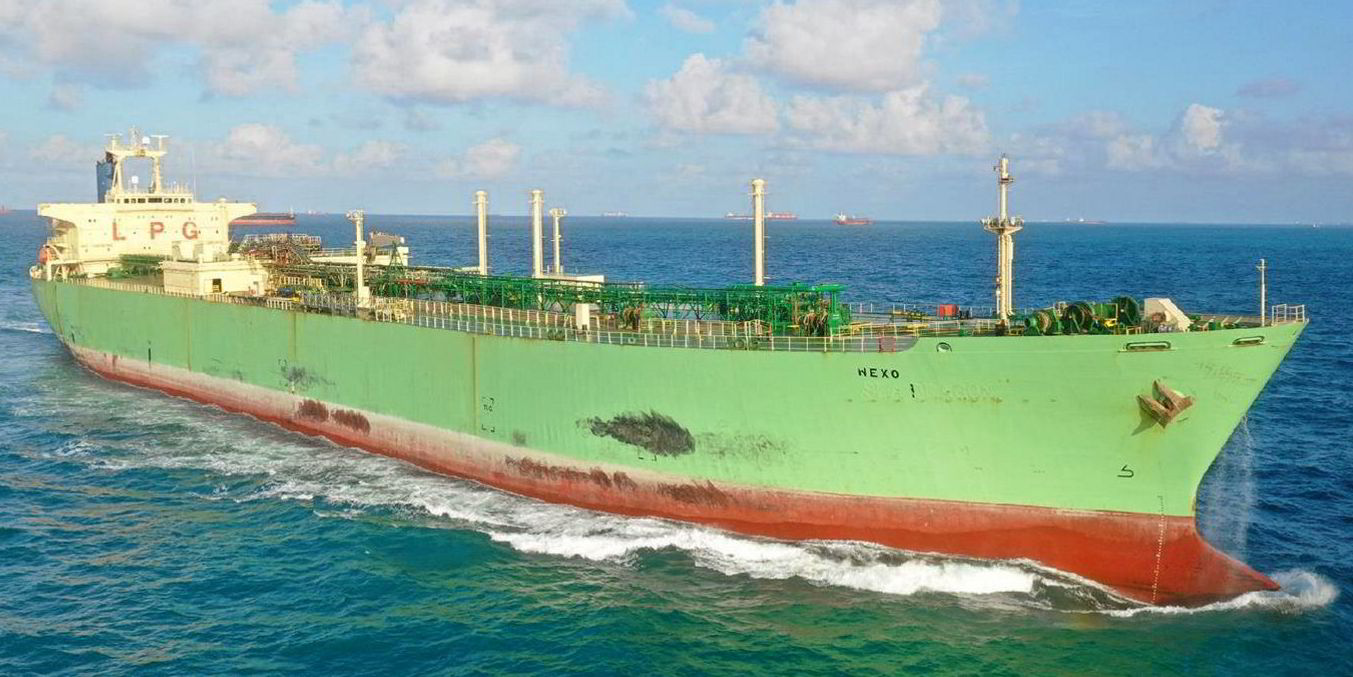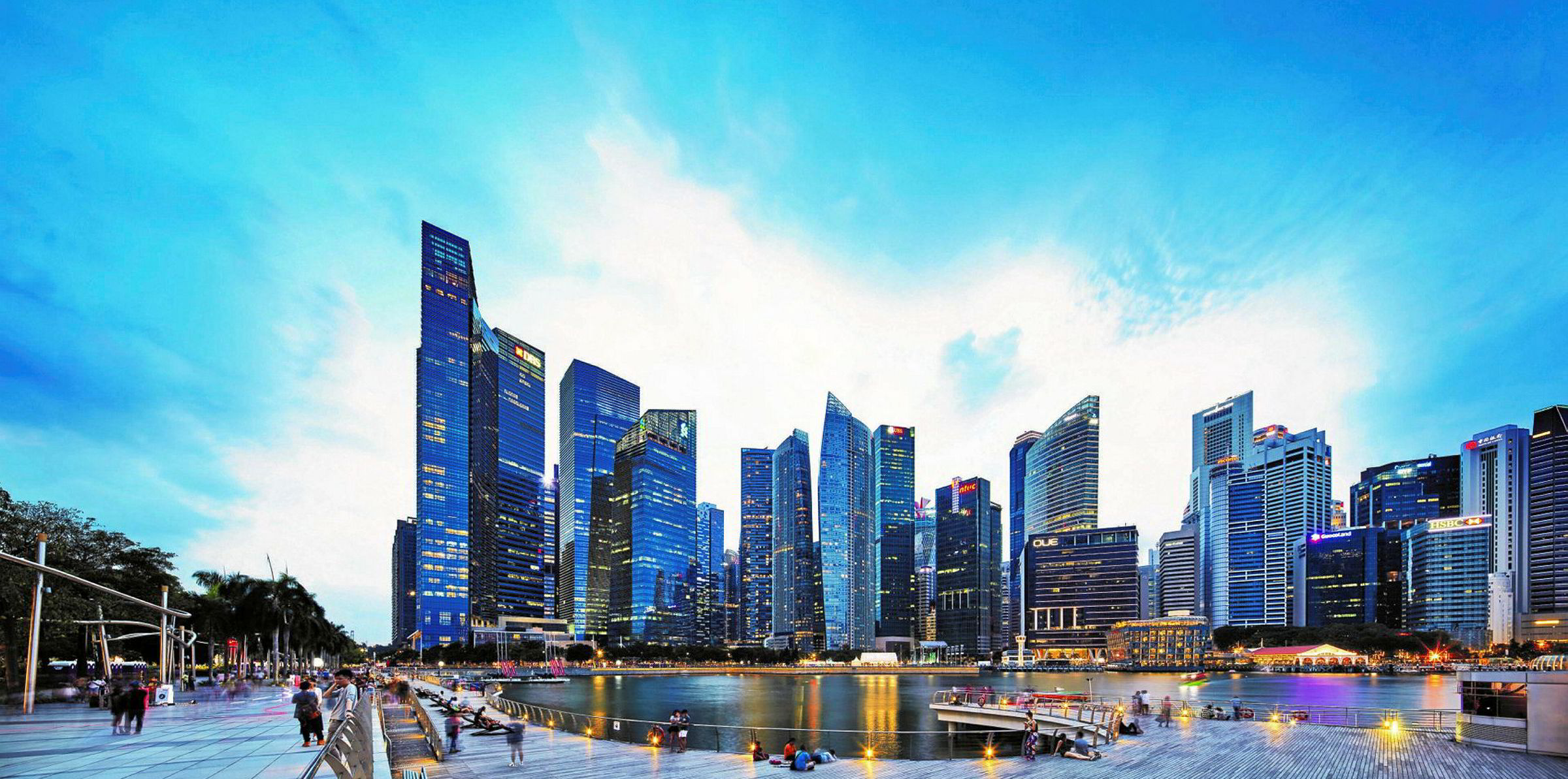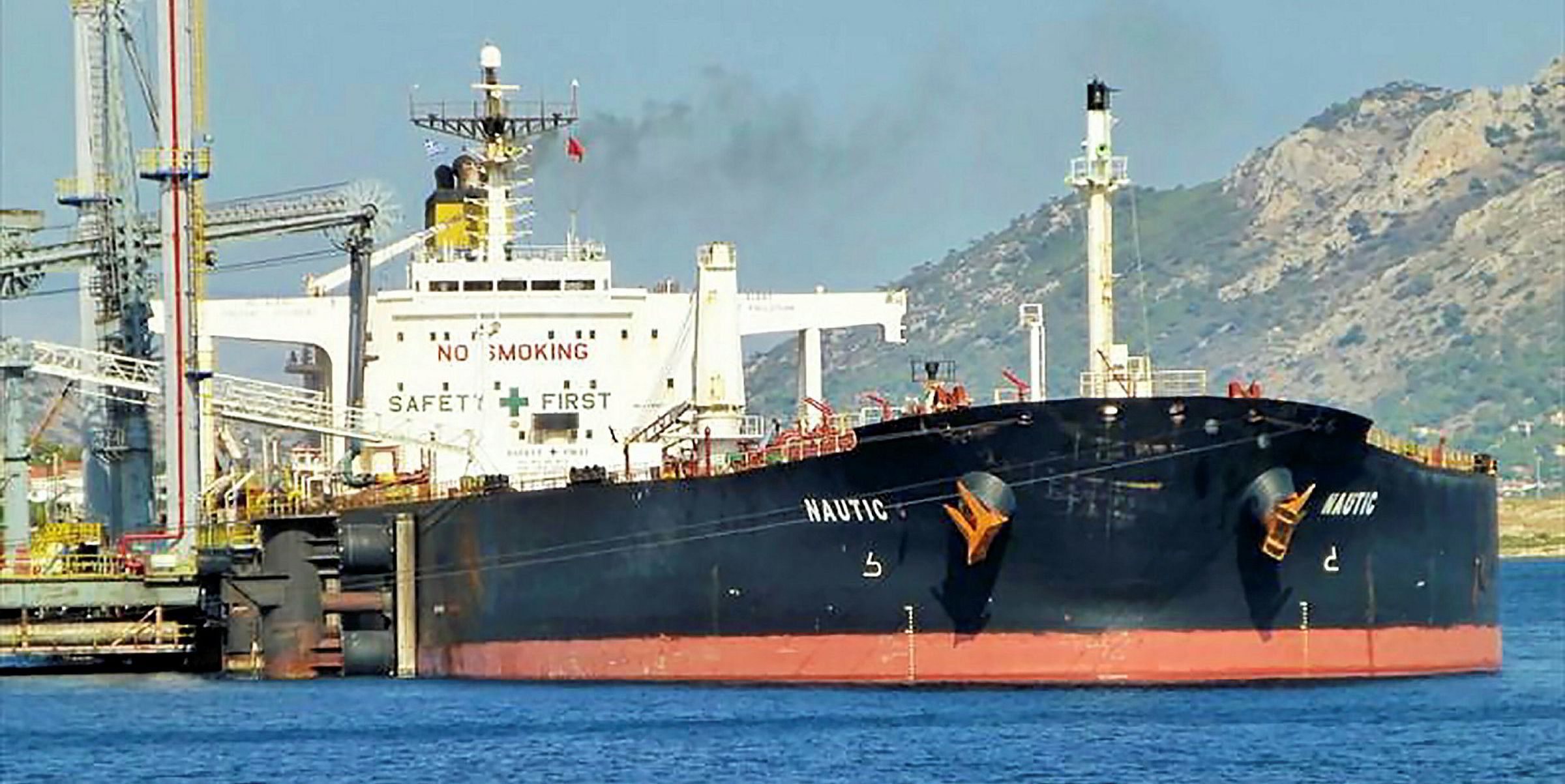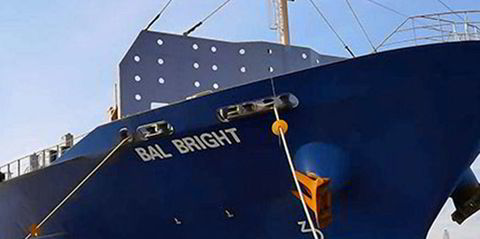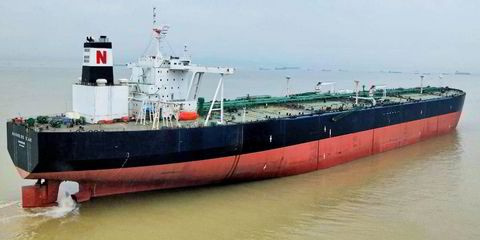Iran set up a series of clandestine foreign shipping companies to carry its oil under the radar when previously sanctioned by the United Nations.
Before the signing of the 2015 nuclear non-proliferation agreement, its tactics became well known to the wider industry.
Fleets of tankers would turn off their transponders when approaching the Middle East Gulf, transship cargoes under cover of darkness and turn their tracking systems back on when they left. Transshipment activities were also carried out in the South China Sea.
Major shipowners suffered serious repercussions after failing to carry out detailed enough due diligence to detect exactly whom they were selling their ships to.
The system was revived after the US pulled out of the nuclear deal in 2018 and owners again face severe complications when a ship they have sold turns up under the ownership of an allegedly Iranian-linked company.
Greek owner Polembros Shipping was stung this year to the tune of $10m after it sold a suezmax to an Omani-registered company in 2019 that turned out to be a front for Iranian oil interests.
China’s Kunlun Shipping was sanctioned when it was identified as a major transporter of sanctioned oil and gas. Its ships were later scattered among a number of equally opaque shipowners and managers.
Even two subsidiaries of Chinese shipping giant Cosco were sanctioned by the US Department of the Treasury’s Office of Foreign Assets Control in 2019 over accusations that tankers it chartered or managed had been involved with transporting or transshipping Iranian oil and gas.
Although the Cosco companies vehemently denied any wrongdoing, their business was seriously affected when many charterers gave them a wide berth during the few months they were on the sanctions list.
Extra caution has been taken by the industry during this round of sanctions. Many tanker owners have reportedly backed out of sales or refused to entertain offers from buyers whose provenance could not be ascertained.
Nevertheless, some tankers have slipped through due diligence checks.
Middle East sources told TradeWinds earlier this year that several suspicious tanker sales have taken place since 2018. In almost all cases, the buyers were new companies registered in the United Arab Emirates and run by people who had no known background in shipping.
The trick, these sources said, is to remain small enough stay under the radar.
